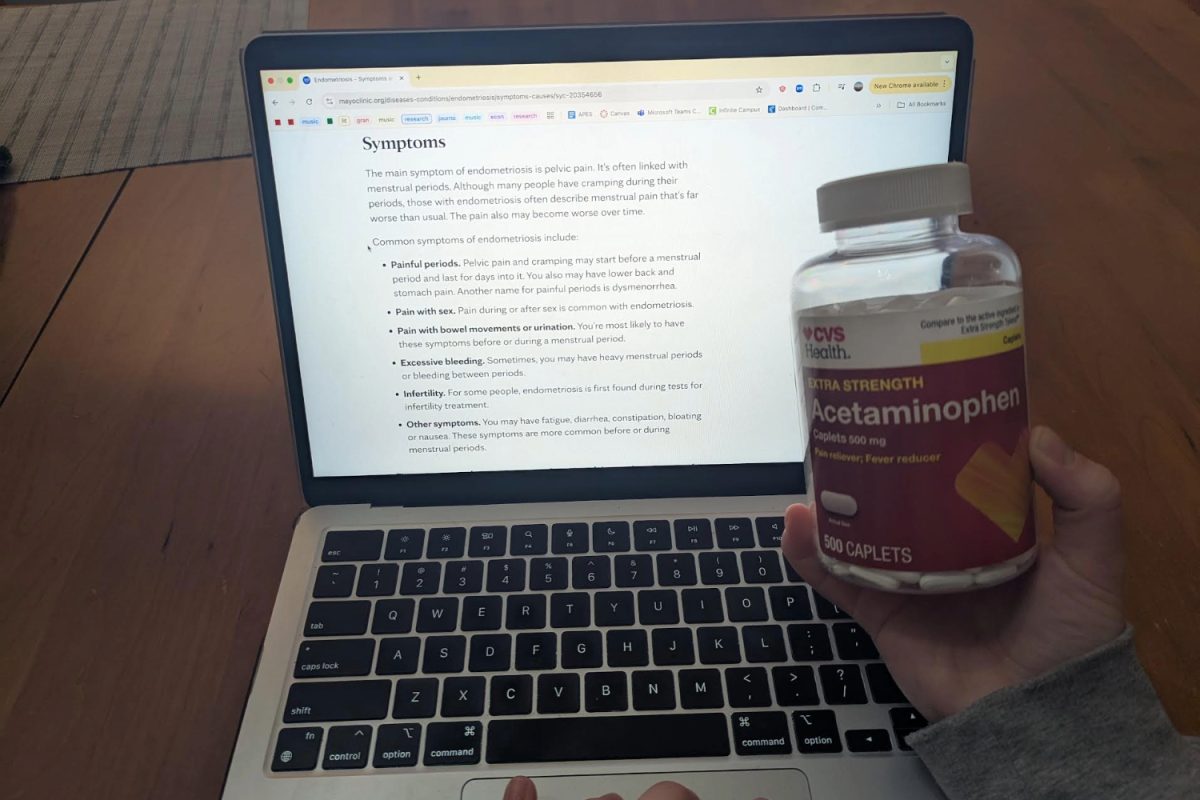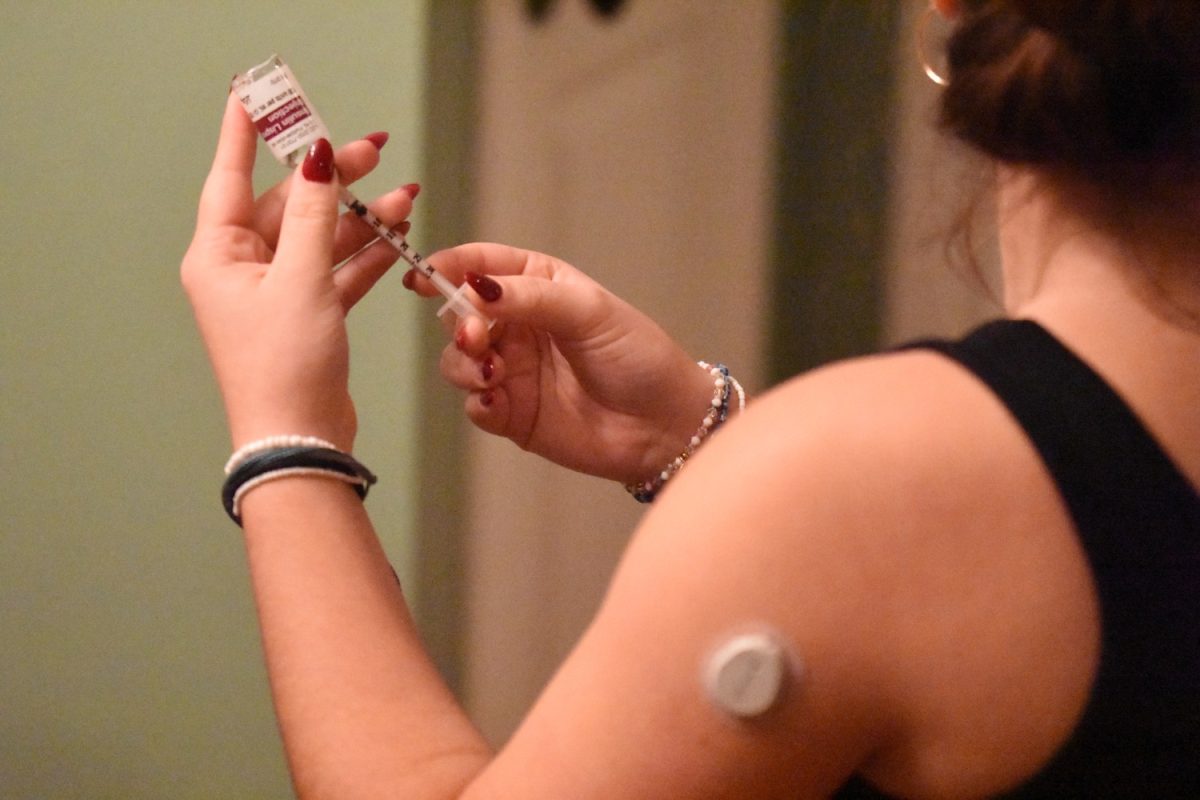In a world with a raging pandemic and constant natural disasters, mask mandates are put in place to keep us happy and healthy. Despite this, we overlook one of the most significant issues masks cause. It is time to take a different angle and give words to the voiceless Mother Nature, who is suffering more than ever before.
According to the University of Southern Denmark, the demand for masks has skyrocketed. An estimated 129 billion masks are used globally every month. Along with this, production has also swelled, nearing the scale of plastic bottles. Unsurprisingly, this increased use and production entails more waste and pollution.
Nowadays, gutters, storm drains, and beaches are littered with masks. Birds have been found ingesting them or using them for nests. All types of wildlife, from foxes to crabs, have been spotted entangled in the straps.
Disposable face coverings are plastic products primarily made from polypropylene, a thermoplastic polymer, which breaks down into millions of microplastics. A study by Environmental Advances found that a single mask could release up to 173,000 microfibers, strands of microplastic, a day. If released into nature, microplastics could take decades or even centuries to degrade and make their way into the animals we eat and the water we drink.
No studies had been done on mask pollution before the pandemic, so the extent of the problem is still unknown. We do not know the exact time it takes for a mask to degrade, and we are oblivious to the different and potentially harmful toxins masks could release into the environment.
Thus, experts are yet to find a clear plan to combat this new situation. It is impossible to collect all the debris already circulating in the environment. Recycling is not an option because masks cannot be separated into pure materials and would get caught in the recycling machinery. But reducing and reusing are still on the table.
MIT researchers analyzed the potential waste generated from N95 masks in the U.S. healthcare industry over six months. If every health care worker used a new mask for every patient, which is the standard, it would produce 84 million kilograms of waste. If workers decontaminated and reused masks, the total waste would drop to an estimated 13-18 million kilograms. That is a 75% reduction.
As students, we cannot change hospital regulations or stop people from littering, but we can choose what type of mask to wear every day. We can make the switch from disposable masks to reusable ones. When it is time to throw away the masks, we can rip off the ear straps to prevent wildlife from tangling in them.
Our safety is no excuse to poison this earth continuously. Every action counts. One less mask stops millions of microplastics from entering the environment and ultimately helps keep Mother Earth as healthy as possible.






















